
The International School of Economics at TSU (ISET) and ISET Policy Institute are looking for a Communications Specialist. Dimension and Scope: &bul...
Read more




![]()
![]()
![]()
![]()
![]()
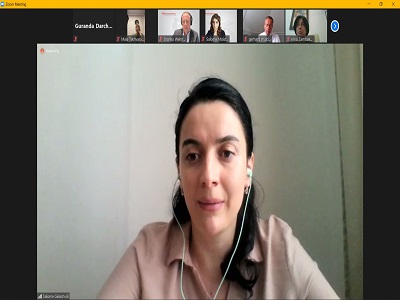
Hosted and moderated by ISET Policy Institute’s Salome Gelashvili, Acting Head of the Agricultural and Rural Development Policy Research Center,...
Read more
We were thrilled to see Salome Gelashvili, head of the ISET-PI Agricultural Policy Research Center (APRC), actively participate in a UNDP Georgia onli...
Read more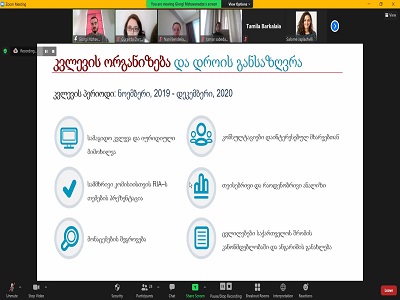
Our latest online presentation highlighted women’s rights in Georgia and crucially considered their role in employment, childcare, and within so...
Read more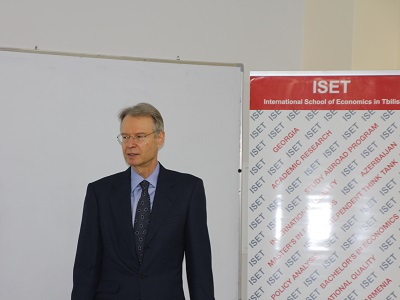
On November 8, ISET was visited by Mr. Juha Kahkonen, Deputy Director of the Middle East and Central Asia Department of the IMF, who gave a presentati...
Read more
Considering the significance of a green post-COVID recovery, alongside the importance of maintaining an ecological diverse economy, ISET Policy Instit...
Read more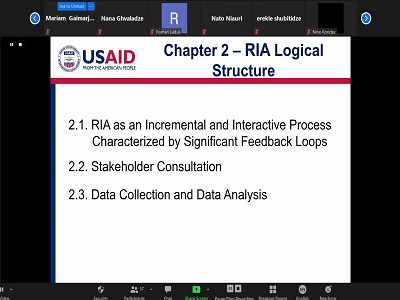
ISET’s Policy Institute is proud to announce the unveiling of its Regulatory Impact Assessment (RIA) Manual. The ISET Director, Tamar Sulukhia, ...
Read more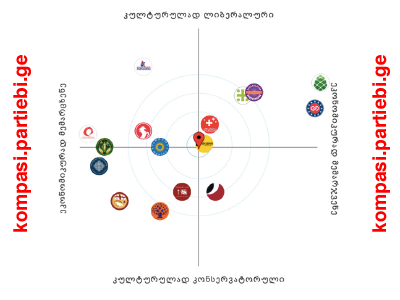
Parliamentary elections are just around the corner. A well informed and empowered citizen is central to the outcome of elections that will be in the b...
Read more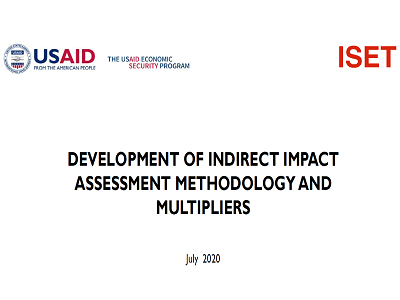
On July 21, ISET Policy Institute (ISET-PI) held an online presentation 'Development of Indirect Impact Assessment Methodology and Multipliers'. The ...
Read more
Under ISET affiliation Luc Leruth, the Lead Economist in the Policy Institute’s Governance and Social Policy Research Center, has recently been ...
Read more
In early February, Dr Leruth gave a presentation to the G20's Task Force on Multilateralism and Global Governance. His address, entitled "Identifying ...
Read more
The Russian ban on Turkish goods turns out to be a boon for Georgian consumers. As Turkey is shifting its surpluses to the Georgian market, the prices of fruits and veggies are plummeting.
At the same time, given that some of the imported goods are substituting for local equivalents (e.g. the tasty “Dighmis” tomatoes), the fact that Turkish businesses are able to dump their products in Georgia is no fun for domestic producers, particularly those among them who have recently borrowed (in hard currency) in order to invest in modern greenhouse technologies. To the extent that Georgian market remains unprotected, the most vulnerable among these producers may simply go out of business.
Considering all other food categories, FPI increased 2.6% y-o-y (compared to February 2015). However, in monthly terms (m-o-m), its down 0.6% after hitting a maximum in January. This is remarkable given that during this period the Georgian Lari took another hit (since early January 2016, GEL depreciated by 3.5%, from 2.39 GEL/USD to 2.48 GEL/USD).
In monthly terms, prices decreased the most for imported and local tomatoes (by 19.7% on average). Buckwheat and eggplant prices are also down by 10.9% and 10.8%. Only a few products gained in price: cabbage is up 4.7%; pasta and butter prices increased by 3.9% and 3.1%, respectively.
Given the pressure on the Georgian Lari, one could have expected the prices of imported goods to increase. Yet, this is not happening. Import prices actually declined in two food categories – fruits & vegetables, and groceries (cereals, wheat flour, pasta, sugar, and oils). In addition to the Turkish factor, import prices may be declining because Georgia’s main trade partner countries may also be experiencing currency devaluations.

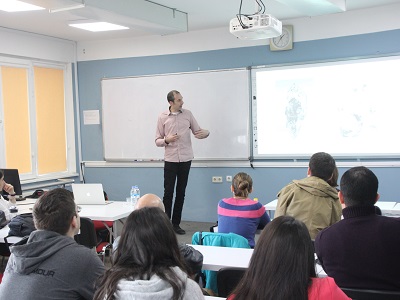
On the 13th of November, ISET was visited by Joey Cherdarchuk of Darkhorse Analytics, a Canadian company specializing in data science and information design. The firm is dedicated to helping organizations and individuals present their data in a clear...
Read more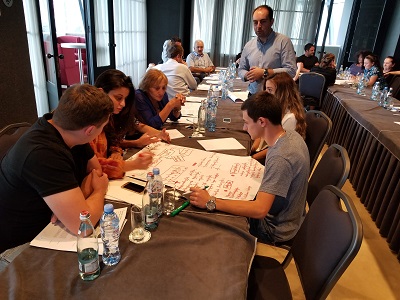
September 17-18 2018, the APRC’s Rati Kochlamazashvili and Pati Mamardashvili conducted a training exercise for Civil Society Organizations (CSO) running Social Enterprises (SE) in value chain analysis and development. In the recent years, SE ...
Read more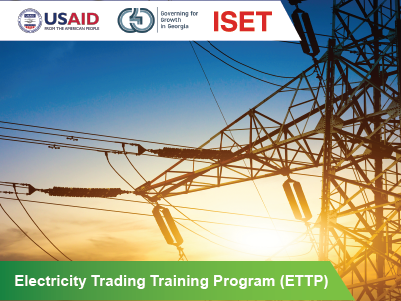
Georgia committed to harmonize its electricity market legislation with EU Third Energy Package and liberalize it according to the accession protocol with the Energy Community. These structural changes are expected to contribute to a more efficient fu...
Read more
ISET Policy Institute collaborated with Gesellschaft für Internationale Zusammenarbeit (GIZ) starts a training course about integrating ecosystem services into local development planning. Integrating Ecosystem Services into Local Development Pl...
Read more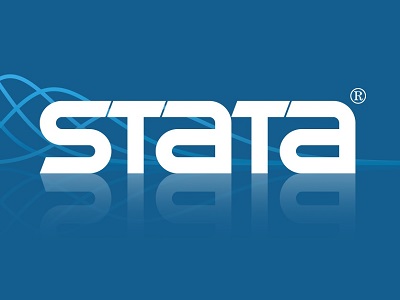
ISET-PI trains Competition Agency of Georgia Staff in the basics of econometrics and STATA. The objective of the training is to strengthen the capacity of the Competition Agency staff to use STATA to conduct independent data analysis, run OLS regress...
Read more
ISET is implementing a new training program, "Economics, Finance and Banking," with VTB Bank. The aim of the program is to introduce VTB Bank's employees to the major principles of economics, finance and banking. The training program is now being co...
Read more